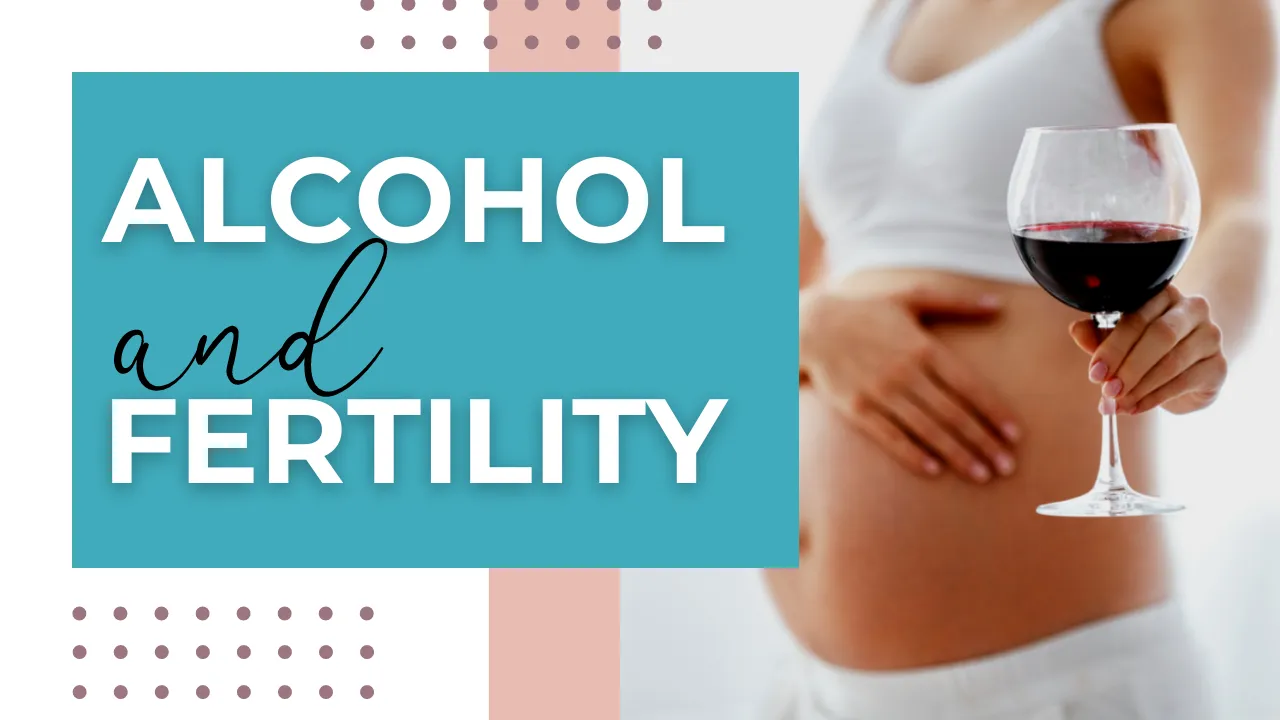Getting pregnant might be easy if we have partners to impregnate us. But this is not true because other women experienced infertility; no matter how they tried, there is no succession to getting pregnant. Infertility is the inability to get pregnant or staying to be pregnant. No, I am not saying that infertility only happens to women because men might also be experiencing infertility and might have no idea about it. So, it is vital that couples have an assessment that would determine the root cause of their not having a successful pregnancy.
When couples tend to choose the path of natural pregnancy, one factor they need to change is their lifestyle. If you smoked before, you must cease it to optimize fertility. Eat healthier foods such as green leafy veggies, cut off sugar, avoid dairy products, and many more. Like smoking, one thing that people also tend to enjoy is drinking alcohol. Especially being out with friends and colleagues, alcohol will always be the number one choice of beverage.
Many of our patients ask how alcohol affects their fertility. When you're trying to conceive, especially when going through fertility treatment, it's common to want to examine every single behavior for how it might help or hurt your chances of getting pregnant. Will a glass of wine lower your chances of conceiving?
As with everything fertility-related, there is no simple answer or magic bullet. However, there are reasonable guidelines from medical experts based on the latest data on how alcohol affects your fertility.
Ready for a mind-blowing surprise to optimize your fertility? --- stop consuming alcohol! Why? Here's why.
There's evidence that alcohol can reduce fertility for both males and females. Alcohol can decrease female fertility. A recent review has shown that light drinking reduces fertility in women, and fertility is reduced even further in women drinking moderately or heavily. Alcohol affects male fertility too – female partners of men who have a high intake of alcohol are less likely to become pregnant. Because drinking alcohol excessively can affect the quality of sperm. While it is not known exactly how alcohol affects fertility in women, research shows that even drinking lightly can increase the time it takes to get pregnant and reduce the chances of having a healthy baby.
Women who consume large amounts of alcohol (seven or more drinks a week or more than three drinks on one occasion) are more likely to have heavy or irregular periods and fertility problems. Heavy alcohol use may diminish ovarian reserve and fecundability in women. Ovarian reserve, a measure of a woman's reproductive potential determined by her remaining oocytes, can be measured in various ways, including serum follicle-stimulating hormone (FSH) and anti-Müllerian hormone (AMH) levels as well as antral follicle count. (PMID: 28702207)
Alcohol use is prevalent in the United States. Given that a substantial portion of the drinking population is of reproductive age, it is not uncommon for couples attempting conception or women already pregnant to be regularly consuming alcohol. Alcohol use is associated with multiple reproductive risks, including having a child with a Fetal Alcohol Spectrum Disorder, increased risk of fetal loss, and decreased chance of live birth. (PMID: 28702207)
Approximately 12% of couples in the U.S. experience difficulty conceiving or impaired fecundity, defined as the ability to achieve a live birth in a single menstrual cycle. As alcohol is the most widely used recreational substance, it is essential to understand its harmful effects on human reproduction. This review discussed the prevalence of alcohol use in the U.S.; the health risks and benefits associated with alcohol consumption outside of reproduction; the dangers of alcohol use in pregnancy, including congenital anomalies and pregnancy loss; the effects of alcohol on fertility in both women and men, such as alcohol's impact on ovarian reserve, steroid hormone production, sperm quality, and fecundability; and finally, the impact of alcohol consumption on fertility treatments. (PMID: 28702207)
It's not easy to decline from a lifestyle that a person has created for themselves. But a lifestyle shift is essential if you genuinely want to achieve the dream of having children on your own. Sacrificing one's happiness for a better future is worth it. So, to start and ready yourself to become a parent, Stop drinking or consuming alcohol, or cut your alcohol consumption, steps you can take to increase your chances of conceiving include not smoking, keeping to a healthy weight, and talking to your doctor if you have a long-term health condition or are taking any regular medication.
Stopping from consuming alcohol is never easy, especially if you have been consuming it for years. Before you stop drinking alcohol, consult your doctor because you might develop a dependency on alcohol. There will also be potential alcohol withdrawal syndrome, where you will experience being a bit irritable, shaky or tired, or find you have poor concentration, difficulty sleeping, or bad dreams. This is also true for even people who are not heavy drinkers. They also experience the same withdrawal symptoms.
Being clear on your decision or intention to stop consuming or lessen your alcohol consumption will help. Your choice will divert your attention from alcohol. Self-discipline is still tough to achieve, but when you're determined, you can do it. You can also tell your family and friends why you want to stop drinking alcohol. This way, you will not lose track, and they will be able to understand why you need to decline their invites to go to the nearest pub.
Avoiding temptations is one way to keep track of stopping alcohol consumption. You may start by preventing situations that tempt you to get a drink. When you're used to drinking alcohol after a meal, you can avoid going to places or restaurants selling alcohol to keep you on the right track.
You can also try something new by filling in the gap during the times when you're drinking. You are consuming alcohol in the past at this time of day, so now, you can fill in the gap by trying something new. For instance, during weekends and you were out with friends drinking alcohol in the past, now you can still go out with friends but not to go to the pub, but rather to the cinema or go shopping with friends or family members.
Halting your alcohol consumption is a massive positive change. And like every change, you will find it very hard, and it doesn't feel easy at times. So, reward yourself for making significant progress. Make trips with your wife or husband to lovely places and do that 2nd honeymoon that's always been on your bucket list.
And now you can enjoy the benefits! By being able to live healthier for your partner and your future children. Because by now, your fertility health has been optimized, and you're on your way to becoming a parent.

